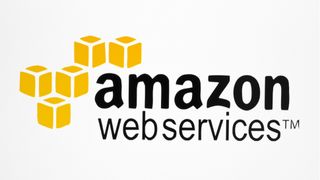AWS is making a major commitment to Linux
Latest release is based on Fedora and is currently available as a preview release

Amazon’s cloud computing division, Amazon Web Services (AWS) has put out a preview of its custom Amazon Linux distro (AL2022), while committing to refreshing the distro every two years.
Amazon Linux is popular with AWS users for its tight integration with AWS tools, and no license costs. The service also ensures that its new features work as advertised with the distro.
The distro has had two major releases till now; the first in 2010, and the second in 2017. However, with the third AL2022 release the service is committing to a two year release cycle, with each release supported for a period of five years.
“Today, we are announcing the public preview of Amazon Linux 2022 (AL2022), Amazon's new general purpose Linux for AWS that is designed to provide a secure, stable, and high-performance execution environment to develop and run your cloud applications,” shared AWS.
Based on Fedora
According to the announcement, AL2022 is based on the popular Fedora distro, and ships with the Security-Enhanced Linux (SELinux) kernel security module enabled and enforced by default.
AWS argues that the two year major release cycle, with updates shipped quarterly via minor releases, will help keep the software current, while the five year support commitment for each major release will give customers the stability they need to manage long project lifecycles.
“AL2022 combines the benefits of our current Amazon Linux products with a predictable, two year release cycle, so customers can plan for operating system upgrades as part of their product lifecycles,” reasons AWS.
Are you a pro? Subscribe to our newsletter
Sign up to the TechRadar Pro newsletter to get all the top news, opinion, features and guidance your business needs to succeed!
AL2022 is now available in preview in all commercial regions and is provided at no additional charge.
Interested in learning Linux? Take the best Linux distros for a spin on one of these best Linux laptops
With almost two decades of writing and reporting on Linux, Mayank Sharma would like everyone to think he’s TechRadar Pro’s expert on the topic. Of course, he’s just as interested in other computing topics, particularly cybersecurity, cloud, containers, and coding.
Most Popular


